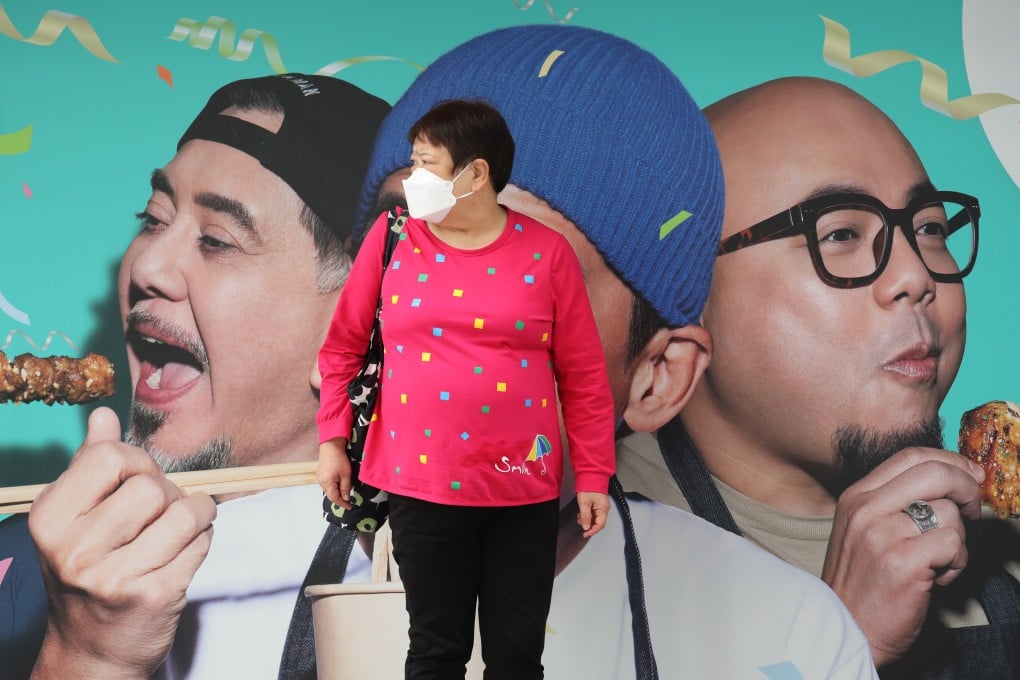Advertisement
Inside Out | For a true picture of Hong Kong’s economic challenges, look beyond brave headline numbers
- While the economy grew 4.1 per cent in the third quarter, and unemployment and bankruptcy rates do not appear worrying, the feeling on the ground is quite different. In time, much more economic harm is likely to be revealed
Reading Time:4 minutes
Why you can trust SCMP
4

In the wings of Chief Executive John Lee Ka-chiu’s doggedly upbeat policy address on October 25, Financial Secretary Paul Chan Mo-po is talking more cautiously about Hong Kong’s economy “gradually recovering”.
Hong Kong’s third-quarter gross domestic product growth was up 4.1 per cent year on year. In his budget speech in February, Chan had forecast GDP growth of 3.5-5.5 per cent for the year, but in August, the expected growth rate was revised to between 4 and 5 per cent. We will have to wait until Friday’s GDP data to discover if that will hold – Chan did say on Sunday that local economic growth this year would be lower than previously expected.
My own bet is that Chan will draw a deep veil around the gruelling challenges still facing Hong Kong’s economy, even though he has already warned that “heightened geopolitical tensions and tightened financial conditions may linger for a longer while”. Whatever his headline numbers proclaim, much of the background data available to us raises alarm bells.
Advertisement
Predictions that GDP growth will be lifted by a recovery in household consumption and a jump in tourist spending seem fragile – if not brave. Median monthly household income fell 2.8 per cent to HK$28,200 (US$3,604) between 2019 and 2022, with the poorest 20 per cent of households down by 10.7 per cent to HK$5,000. Now that the government’s HK$100 billion splash on consumption vouchers has ended, just where will this extra consumer spending come from?
And as for tourist spending, the shuttered bars and restaurants in Lan Kwai Fong, SoHo and Causeway Bay show that recovery remains a distant hope.
Advertisement
While the “feel” of Hong Kong still suggests recession – despite the government’s “Happy Hong Kong” and “Night Vibes” initiatives – the numbers that would make the picture clearer remain confusing.
Advertisement
Select Voice
Choose your listening speed
Get through articles 2x faster
1.25x
250 WPM
Slow
Average
Fast
1.25x
